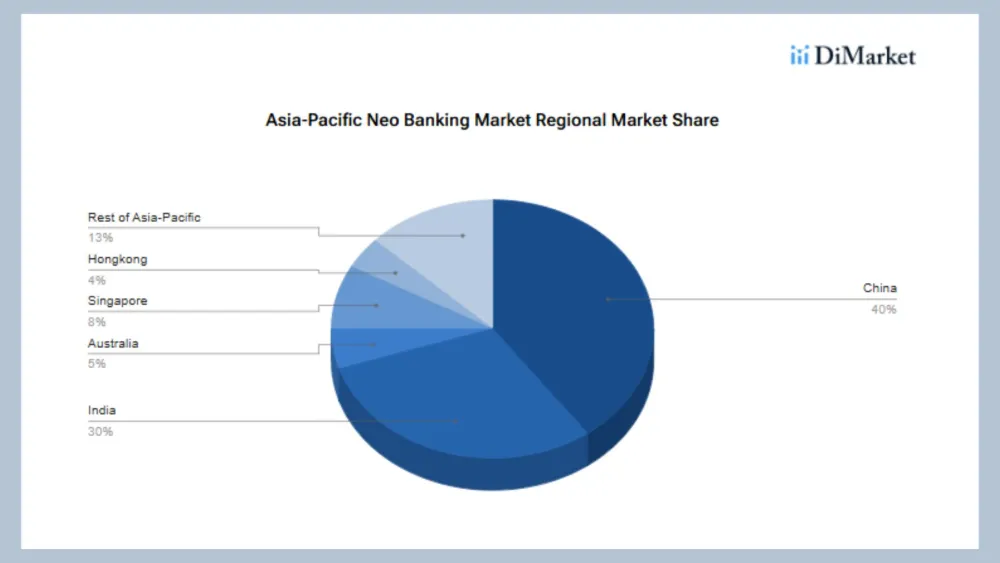
SEA's digital economy to reach $263b in gross merchandise value
Key drivers include increased digital engagement and monetisation strategies.
Southeast Asia's digital economy is projected to reach $263b in gross merchandise value (GMV) by the end of 2024, marking a 15% year-on-year (YoY) increase, according to a Google, Temasek, and Bain & Company report.
Revenues are expected to hit $89b, rising 14% from last year, reflecting the sector’s ability to sustain both growth and profitability.
The region's growth is fuelled by increased digital engagement, monetisation strategies, and post-pandemic recovery in sectors such as e-commerce, which is set to reach $159b in GMV by 2024. Returning customers represent nearly 70% of growth.
Video commerce is becoming significant, accounting for 20% of e-commerce GMV, up from under 5% in 2022, transforming how people shop online through live and creator-led content.
Food delivery services have also seen growth as in-app ads and subscription models support its expansion, with revenue expected to rise by 54% YoY to $1.7b and GMV projected to reach $19b. Meanwhile, the transport sector, recovering beyond pre-COVID levels, has seen revenue grow to $1.5b, benefiting from expansion into rural areas and second-tier cities despite inflationary pressures.
In online travel, intra-regional trips are driving growth in gross travel bookings, projected at $46b in 2024, driven by higher airfares and increased demand for luxury travel options. The media segment, spurred by video-on-demand and gaming, anticipates a GMV increase to $30b, with a growing niche in local and casual gaming content.
Digital finance has become crucial, with expected revenue of $33b. Digital payments and lending remain dominant, supported by e-wallet partnerships, QR code adoption, and digital payments at more merchant points.
This sector’s expansion is also aided by improved risk underwriting and consumers moving online for insurance and wealth management needs.
The report highlights Southeast Asia’s rapid development as an artificial intelligence (AI) innovation hub, attracting $30b in investments during the first half of 2024, as interest in AI topics has surged by 11 times over the past four years.
As the region's youth population is highly digitally literate, it provides fertile ground for AI-driven services ranging from travel planning to fraud detection. Singapore leads the region with a projected GMV of $29b in 2024, particularly in e-commerce and AI search interests across education, marketing, and travel.



















 Advertise
Advertise









